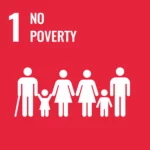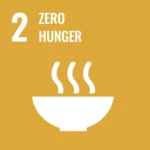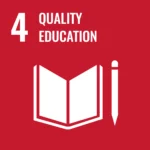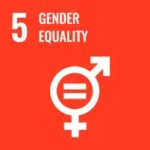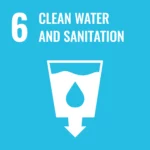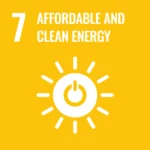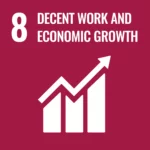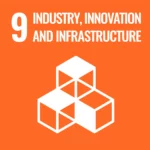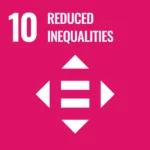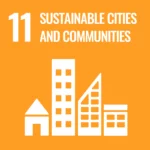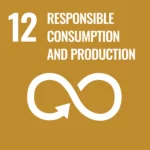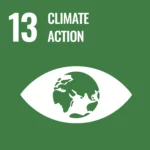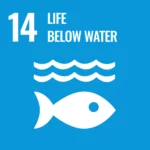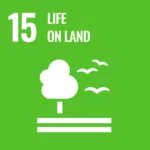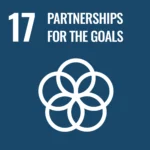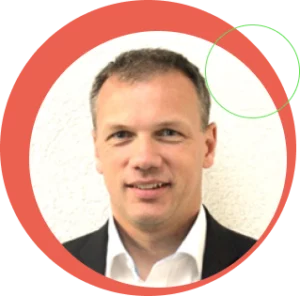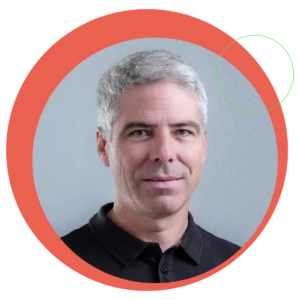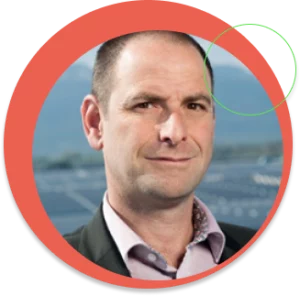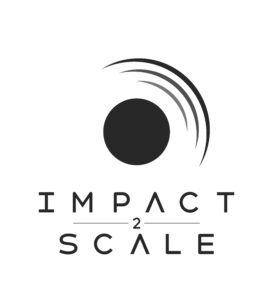15 years of commitment
to Swiss sustainability
and cleantech
A little background...
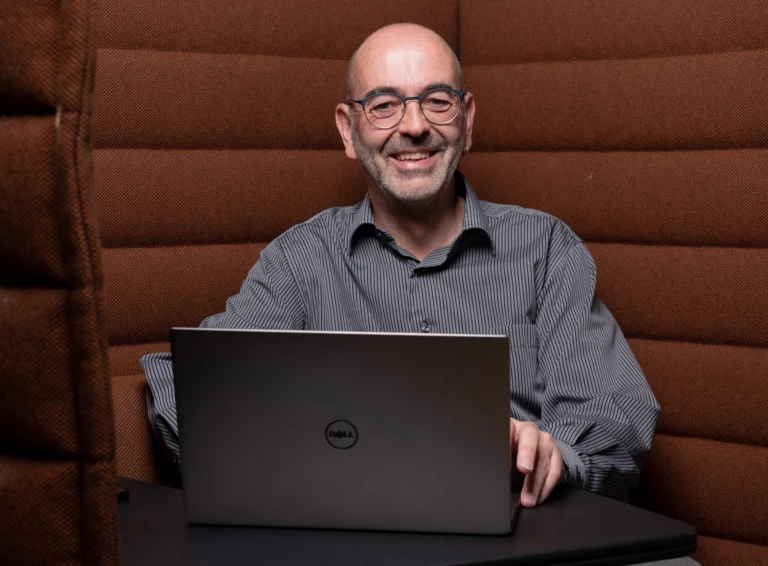
Eric Plan, Secretary General of CleantechAlps
Launched in June 2010, CleantechAlps was born from the commitment of the Western Swiss cantons to position the region as a key player in the field of clean technologies. Faced with growing environmental challenges and the imperative of energy and environmental transitions, the platform has now established itself as a strategic lever for bringing together economic, academic, industrial, and institutional players around cleantech and sustainability.
Read moreless
Its slogan “Connect – Promote – Support” sums up its mission: to connect the aforementioned actors and promote their innovations in order to support the transition from the old carbon-based world to a globally more sustainable society. CleantechAlps is part of the regional innovation system, which brings together 4 sectoral platforms and 2 coaching services, managed by ARI-SO.
From the outset, CleantechAlps articulated a structured vision in three stages for the development of Swiss cleantech. A phase of emergence for the sector with quite a few initiatives, more or less opportunistic, but whose result was to help launch the dynamic (2010–2015).
Between 2015 and 2020, consolidation of the sector was expected in a context seen as broadly favorable.
From 2020 onwards, this vision foresaw a large-scale deployment over the following decade, up to 2030. This approach described the Swiss market as a pilot market, a springboard to the international stage. The ability to adapt a solution to the environment and context in which it is supposed to be deployed has proven to be a key asset in this sector.
While the figures demonstrate the accuracy of this vision to date (more than 600 start-ups created and £3 billion raised since 2010), we are currently halfway through this third phase, the completion of which will be decisive for the success of Swiss cleantech. The great challenge for the years to come has also been set. The aim is clearly to gain a foothold in international markets relevant to Swiss expertise. And while Switzerland has many assets to help it succeed in this final stage and ensure long-term growth, it must nevertheless shift into high gear. We are too slow in terms of commercialising innovations and we are not pulling together enough in the same direction. A genuine long-term collaboration, aligned with shared values, between the major players in the field (umbrella organisations, institutional bodies, public and private sectors) would be necessary. Switzerland is a very small country, and this is an asset that gives it an agility whose potential must be better exploited.
Highlights and key stages in the history of cleantech in Switzerland
The history of cleantech in Switzerland is marked by key stages and innovations that have contributed to the country’s energy and ecological transition. From the construction of the first infrastructures for renewable energies and water treatment to the adoption of ambitious national strategies, each event has advanced Switzerland toward a more sustainable future. Discover the key milestones along this journey.
Premier barrage-poids en béton
Mise en service du premier barrage-poids en béton d’Europe, situé à Pérolles, au sud de Fribourg
Premier tunnel ferroviaire à travers les Alpes
Inauguration du premier tunnel ferroviaire à travers les Alpes au Gothard reliant le nord et le sud du pays et de l’Europe
Première station d’épuration
Construction de la première station d’épuration des eaux usées de Suisse, à Saint-Gall
Première usine d’incinération
Inauguration de KEZO, la première usine d’incinération près de Zürich
Inauguration de la Grande Dixence
Inauguration du plus haut barrage poids du monde avec 285 mètres
Raccord d'une installation photovoltaïque au réseau
La Suisse devient le premier pays d’Europe à raccorder une installation photovoltaïque au réseau électrique. Cette installation est encore en service aujourd’hui
Fondation de ATG
Fondation de l'AutoTeilet Genossenchaft ans Sharecom qui a mené à la création de la coopérative Mobility Carsharing en 1997, la plus grande entreprise de carsharing en Europe avec 3000 véhicules et 1600 stations à travers la Suisse
Programme de recyclage du PET
Lancement du programme national de recyclage du PET, qui atteindra un taux de recyclage de 83 % en 2019
Solution thermique innovantes
Lancement des projets « Genilac » et « Genève-Lac-Nations ». Ces solutions thermiques innovantes utilisent l’eau du lac Léman pour chauffer et refroidir les bâtiments du centre-ville de Genève
Annonce de la sortie du nucléaire
Le Conseil fédéral annonce sa volonté de sortir progressivement du nucléaire
Premier tour du monde propulsé à l’énergie solaire
PlanetSolar, le catamaran solaire qui a germé dans l’esprit de l’aventurier Raphaël Domjan termine le premier tour du monde propulsé à l’énergie solaire, tous modes de transports confondus
Accord de Paris
Adopté lors de la COP21, l'Accord de Paris marque un engagement international pour la lutte contre le changement climatique
Nouveau tunnel de base du Gothard
Inauguration du nouveau tunnel de base du Gothard, le plus long tunnel ferroviaire d’Europe avec ses 60 km
Inauguration du complexe hydro-électrique de Linth-Limmern
Inauguration à Glaris, du complexe hydro-électrique qui a vu sa production tripler pour atteindre 1480 GWh de production annuelle
Tour du monde sans une goutte de carburant
Solar Impulse termine son tour du monde sans utiliser une goutte de carburant avec aux commandes deux pilotes, Bertrand Piccard et André Borschberg qui se sont relayés.
Stratégie énergétique 2050
Approbation par le peuple suisse de la Stratégie énergétique 2050, visant à développer les énergies renouvelables et améliorer l’efficacité énergétique
Nant de Drance
Inauguration du complexe hydro-électrique de pompage turbinage Nant de Drance (Valais) à la frontière franco-suisse près de Chamonix Mont-Blanc. Une des plus grosses installations de ce type en Europe avec 900 MW installés et une production annuelle moyenne de 2500 GWh
Stratégie climatique 2050
Adoption de la Stratégie climatique 2050, qui fixe des objectifs de neutralité carbone à long terme
Loi sur la protection du climat
Approbation de la Loi sur la protection du climat et l’innovation, renforçant le cadre juridique suisse en matière de transition énergétique et climatique
Et pour la suite ?
La fusée est lancée : notre défi collectif est désormais de garantir une propulsion durable. Cela passe par un soutien accru à la pré-industrialisation et la mise à l’échelle industrielle des solutions, et d’exploiter pleinement les synergies entre acteurs publics et privés.
15 years, 15 faces — A community that innovates, transforms and inspires
For 15 years, CleantechAlps has been connecting talents and solutions for a sustainable transition in Western Switzerland. To mark this anniversary, we highlight 15 personalities from diverse backgrounds who shape today’s and tomorrow’s cleantech. Through their stories, we share successes where CleantechAlps facilitated connections and collaborations for a sustainable future.
Impact: A strong and dynamic ecosystem
CleantechAlps actively contributes to the vitality of the cleantech and sustainability ecosystem in Switzerland:
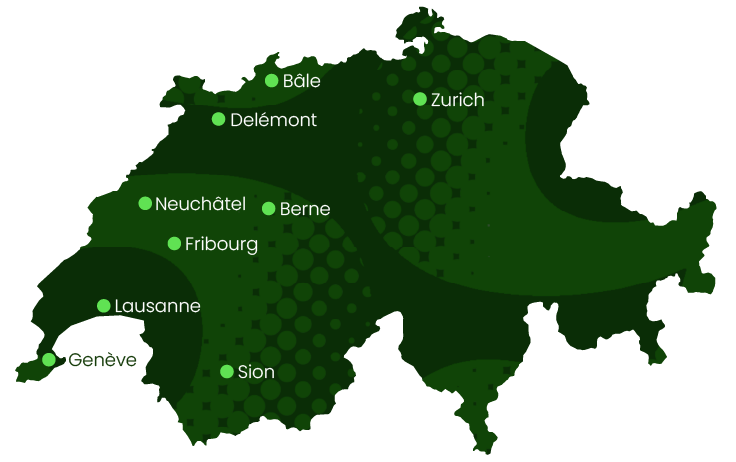
Qualified start-ups listed on the Swiss cleantech start-up portal
Qualified players listed on the showcase of cleantech players in French-speaking Switzerland
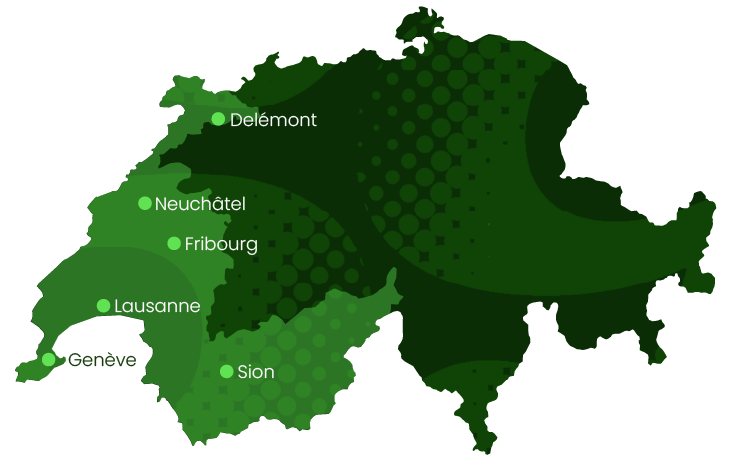
Évolution du nombre de start-up
Reference publications in the field:
Overview of cleantech start-up
Mapping Swiss cleantech start-up and analysing investments and trends in the field
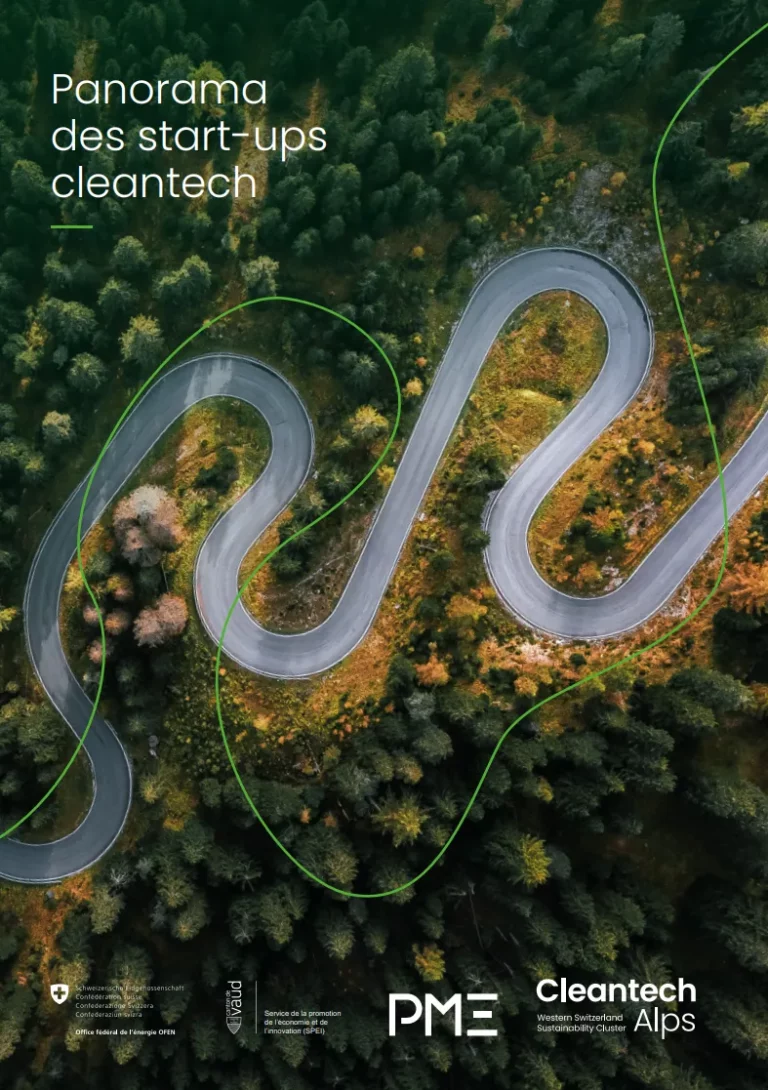
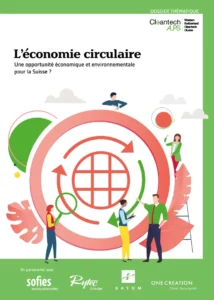
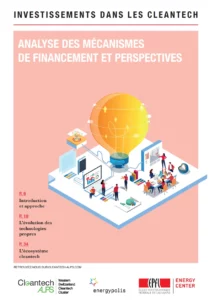
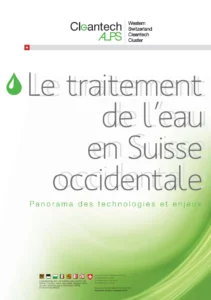
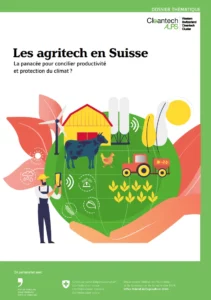
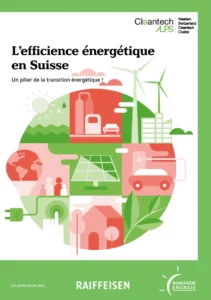
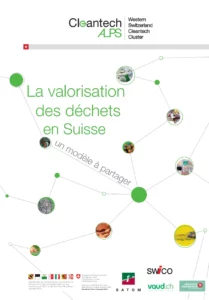
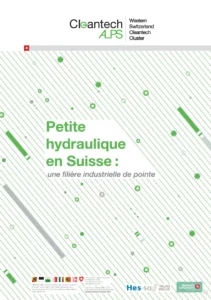
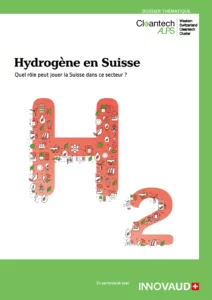
Special reports on individual topics
To present the issues, challenges, best practices and business models of the various sectors (Energy Efficiency / Hydrogen / Agritech / Circular Economy / Waste Recovery / Water Treatment and Small Hydropower)
Swiss Cleantech Report
Reference publication for promoting Swiss expertise and skills in the field of cleantech and sustainability
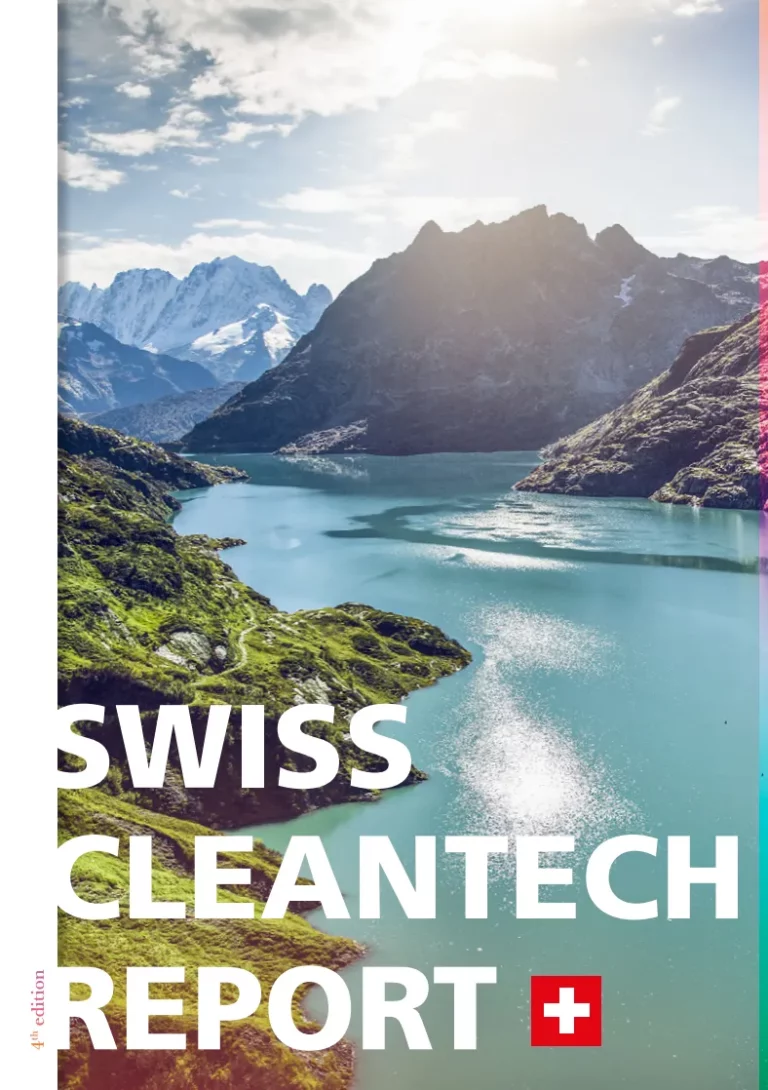
Our concrete actions to structure, promote and raise awareness of cleantech and sustainability:
Near-daily involvement in current events, demonstrations, and initiatives in the sector.
Company profiles published in the media since 2010.
Qualified connections made each year.
Articles and announcements published each year.
Involvements in national juries, advisory boards and working groups.
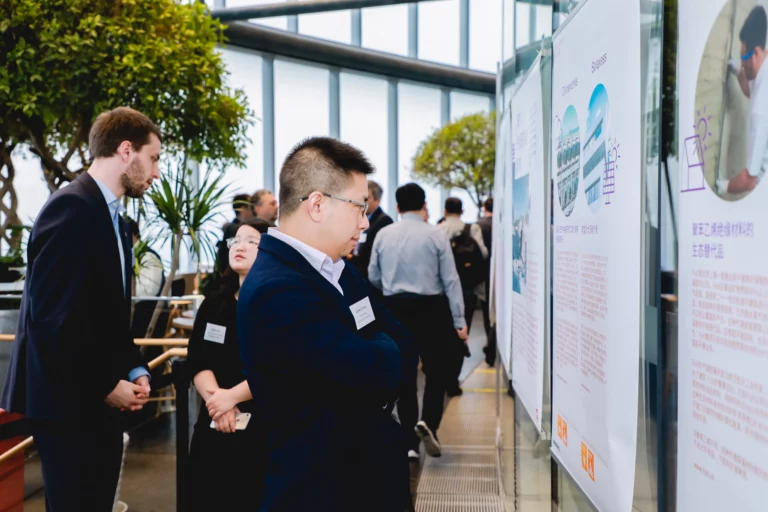
A travelling exhibition on cleantech in Swiss embassies around the world with Presence Switzerland: ‘Can Tech Save the World’ with six themes.
On the start-up side:
One-third of start-ups in the TOP100 2024 are active in cleantech.
New cleantech start-ups created each year.
CHF raised since 2010.
CHF raised in 2022.
CleantechAlps is also...
An expert committee
Jean-Luc Thuliez (BE)
Find out more
Having originally trained as a plastics processing engineer, Jean-Luc Thuliez became a pioneer in electric vehicle development. He was involved in the Swatch Mobile venture in the 1990s and worked under Nicolas Hayek at The Swatch Group. A serial entrepreneur, he collaborated with Volkswagen and Mercedes before founding several companies: Cree (1998), Domteknika (2003), Softcar (2011) and Aventor (2014).
Werner Halter (FR)
Find out more
Having gained a masters in geology at the University of Lausanne and a PhD at McGill University in Montreal, Werner Halter worked as an Assistant Professor at the Swiss Federal Institute of Technology in Zurich (ETHZ). In 2008 he left academia to take up the position of CEO of Swiss Climate SA, a CO2 emissions and sustainable development consultancy company. In 2013 he founded his own CO2 strategy consultants, Climate Services SA.
Serge Gaudin (VS)
Find out more
An EPFL graduate in mechanical engineering, Serge Gaudin built his career in the aluminum industry, first with Alusuisse, then with Alcan and Novelis, managing major industrial projects in Switzerland and France. A specialist in circular economy processes and materials recycling, he steered the development of the Sierre foundry, which has become a center of excellence for low-carbon technologies. After serving as Vice President of Metal Strategy and Recycling at Novelis Europe, then European Director of Sustainability, he is currently Operational Director of the Automotive Cluster in Sierre and founder of Net Zero Lab Valais. He continues his commitment to the energy transition by chairing the CleantechAlps expert committee.
Jean-Christophe Zufferey (VD)
Find out more
Jean-Christophe Zufferey holds a degree in engineering from the EPFL and a doctorate in science. He founded and managed senseFly, a drone start-up that enjoyed rapid growth before being taken over by an international group. Committed to innovation and entrepreneurship, he has solid experience of the start-up/scale-up and investment worlds. A flight instructor and expert in air mobility, he was a member of swiss aeropole’s Board of Advisors. Today, he actively contributes to the energy transition and efficiency in construction with IMPACT LIVING, and supports the promotion of renewable energies with Newatts, among others. He joins the CleantechAlps expert committee to put his experience at the service of sustainable development.

Pierre Renaud (NE)
Find out more
After graduating from ETHZ with a degree in mechanical engineering, in 1985 Pierre Renaud founded the environmentally conscious engineering firm Planair. Previously Head of Energy Issues at Planpartner and then Metron and at the helm of Planair for more than 30 years, Pierre Renaud is now actively involved in a new engineering company that he founded. He is also a member of various executive boards and associations active in the energy sector.
Gilles Garazi (GE)
Find out more
Originally awarded a degree in geology, Gilles Garazi has been active in the energy sector for more than 15 years. He worked in federal administration and private business before joining the utilities company SIG more than 10 years ago. At SIG he began working on energy efficiency and in 2015 was appointed Director of Energy Transition, joining the senior management team at SIG.
Patrick Houlmann (JU)
Find out more
An electrical engineer by training, Patrick Houlmann has been administrator and a board member of RWB Group SA since 2010. He has worked mainly in the water sector, building large-scale water purification plants. In 2010, he helped set up the energy department of RWB Groupe SA, which manages numerous energy projects in French-speaking Switzerland. Over the course of his career, he has occupied a variety of positions at companies including BKW, Solo Fours Industriels and Thermic Service. Patrick has taken an active retirement in 2023 and is regularly called upon as an expert thanks to his multidisciplinary and industrial experience.
To conclude... Our vision for 2035+!
In 15 years, the Swiss cleantech ecosystem has grown from its early days to sustained growth. The current period goes well beyond a transition — we are witnessing a real revolution, leaving behind the (carbon-based) old world for a new, less carbon-intensive, more sustainable, and more responsible world.
Predicting the future is impossible… however, the accuracy of our 2010–2025 vision encourages us to share our estimations for the 2035 horizon in the following lines…
Read moreless
The current period has many similarities with 2010. At the time, cleantech was described as a “hype,” a trend whose interest seemed already declining in the US. Today, sustainability is being challenged from all sides — delays announced in Europe with the omnibus (CSRD, …) or fluctuating US tariff policies echo this. A very similar situation to 15 years ago, but with one major difference: the momentum of an established ecosystem!
Our vision for the years to come is clear: cleantech is the spearhead for implementing decarbonization plans, and sustainability is the driver that will help companies build resilience. Resilience is essential to withstand a turbulent environment increasingly subject to economic, political, climatic, or geostrategic crises.
Cleantech and sustainability will converge to become ultimately inseparable. In the coming decade, we will likely see a repeat of the quality management systems (ISO 9001) era, now under the “ESG” acronym. The challenge of this remake will be to avoid the bureaucratic excesses of ISO 9001 and instead leverage the lessons of the past 40 years.
Sustainability must be seen as a way to understand and mitigate risks in a turbulent environment. Implementing an ESG approach with its Environmental, Social, and Governance criteria is a risk management tool that will help companies, including SMEs, navigate a highly unstable and evolving environment. It acts as a compass to establish a roadmap and risk management strategy.
Our view is that a sustainability approach incorporating an analysis of the environmental footprint of a company and/or its key products will have become the norm in 15 years.
The priority work to achieve this is to demystify the subject, share concrete examples, and above all develop a pragmatic approach to accelerate the realization of these footprints. The goal is clearly to make them financially and humanly accessible to SMEs. For example, simplifying the creation of life cycle analyses or carbon footprints, by developing generic or industry-specific solutions… Some may call this utopia, to which we reply: let’s innovate!
The second essential axis to realize this vision is to continue the internationalization of cleantech solutions. The domestic market is very small and acts as a demonstration showcase, while growth clearly lies in foreign markets. In this context, and in addition to leveraging synergies among current initiatives, it would be wise to strengthen our presence in selected foreign markets with permanent showrooms.
These spaces — a sort of swissnex or industrial Swiss Business Hubs — would typically be venues where companies can showcase their solutions and equipment, make them available to clients, or run tests in their environments. Closer ties between multinationals and SMEs, for instance through partnerships with international groups headquartered in Switzerland, would further increase the impact of this initiative.
The rocket has launched: our collective challenge is now to ensure sustainable propulsion. This requires, immediately, stronger support for pre-industrialization and industrial scaling of solutions, supported by leveraging synergies between public and private actors.
The impact of climate change is no longer a distant horizon — it’s here and now. And the cleantech ecosystem already has the solutions. So… let’s meet again in 15 years for a new assessment. Until then: full speed ahead to action!
